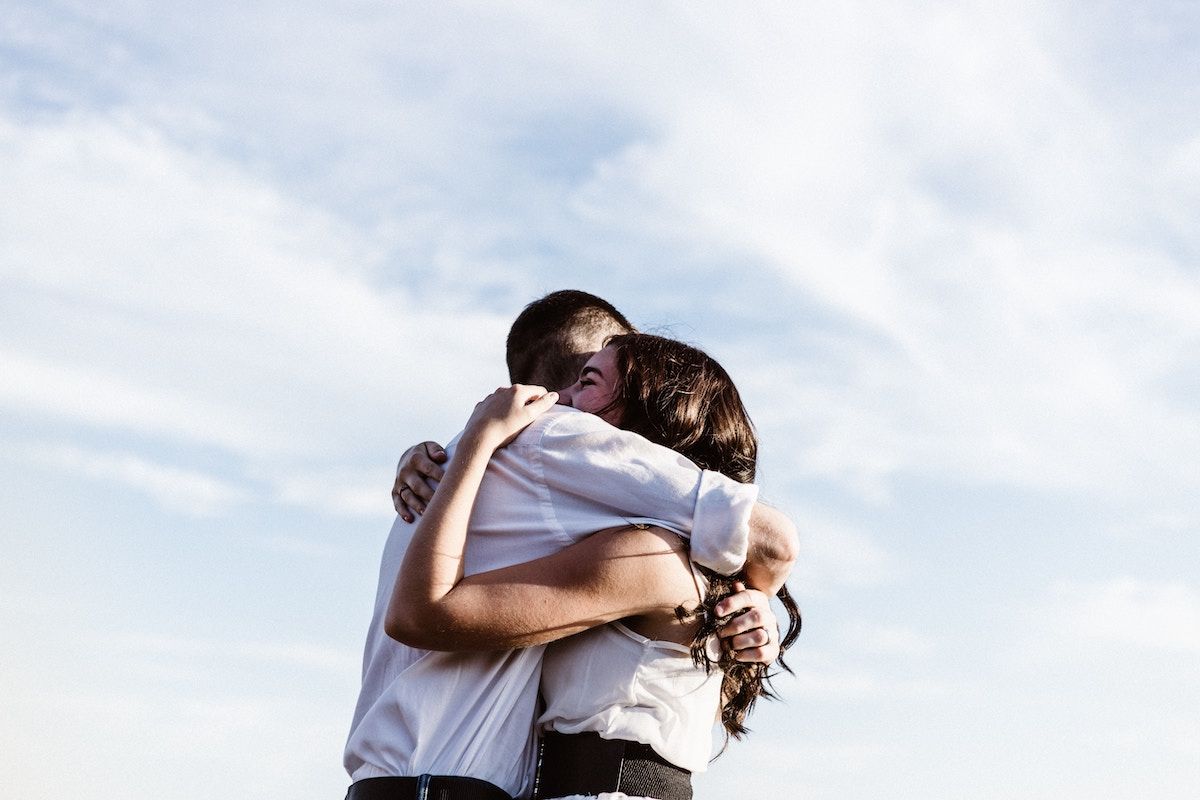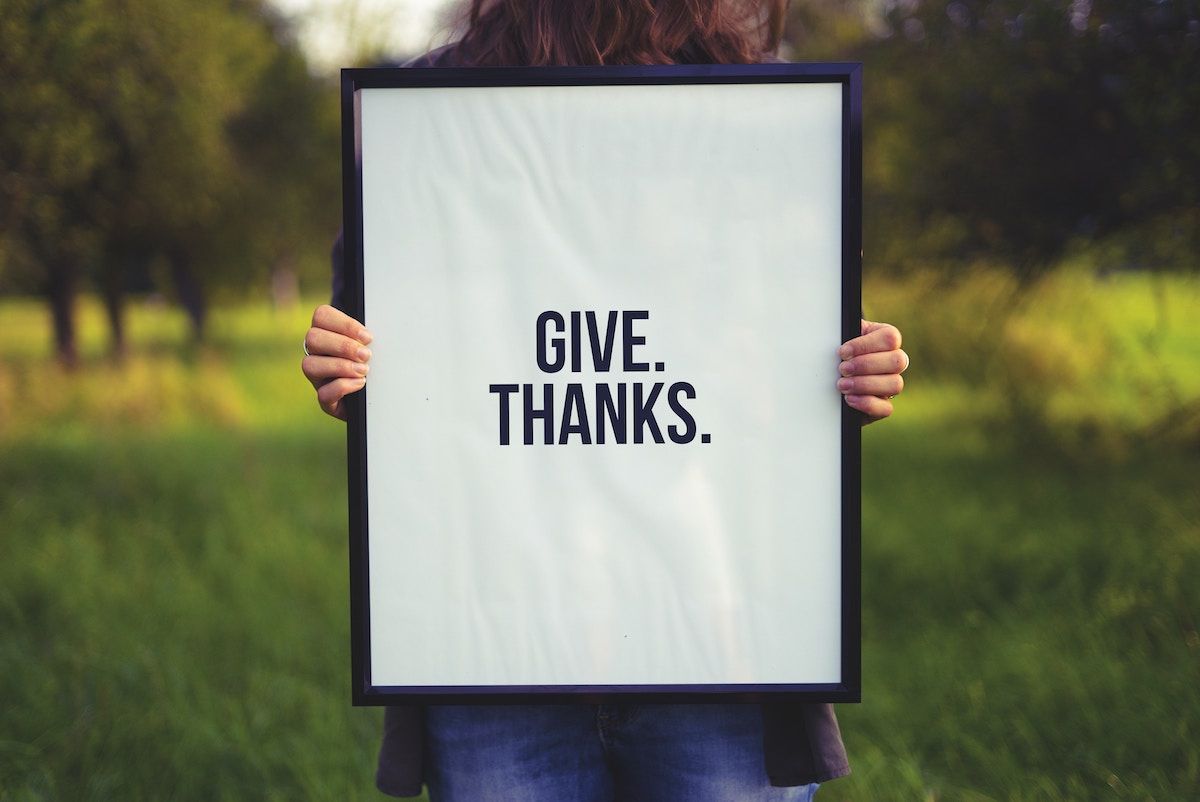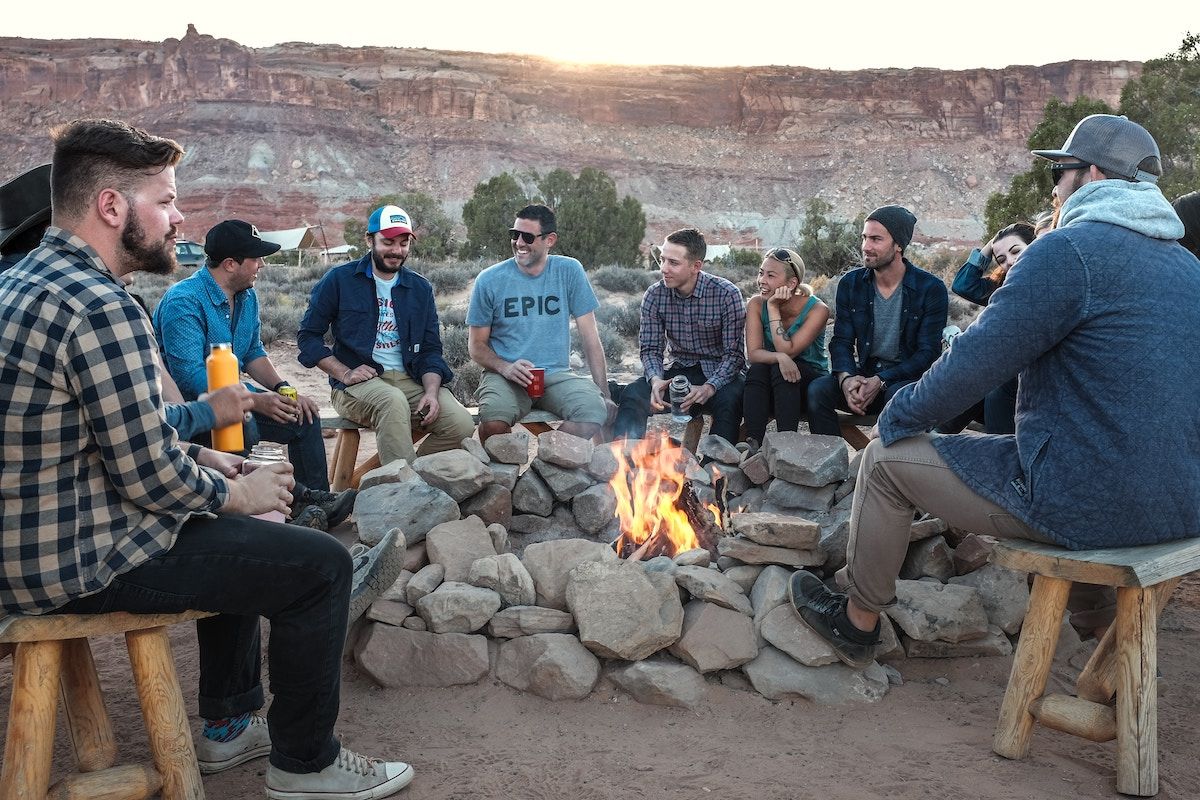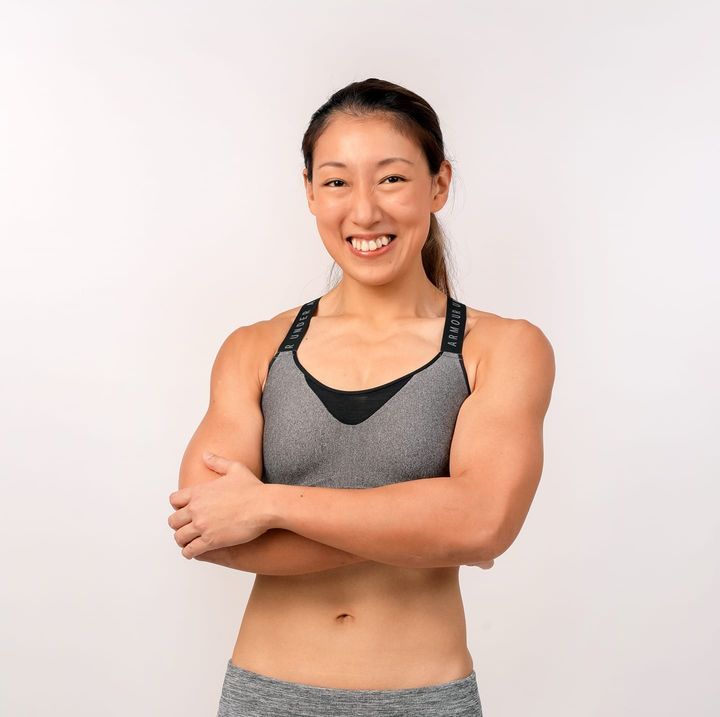The Art of Receiving

I have always identified myself as a GIVER, someone who loves giving freely in all aspects of my life. Having said that, I noticed that, in contrast, I wasn't as graceful when it came to receiving. When someone would give me a compliment, I would downplay it or maybe accept it with false appreciation. I would instantaneously feel my body cringe, and I would avoid making eye contact at all cost. Another scenario would be if someone wanted to offer help, I would say something like “oh, you don’t need to do that, I can handle it myself.”
Sounds familiar?
Many of you can probably resonate with gaining a lot of pleasure from the act of giving, but instinctively resisting receiving. When it comes to relationships, you equate receiving with powerlessness. When it comes to friendships, you equate receiving with feeling a sense of obligation to return the favor. When it comes to your workplace, you equate receiving with inadequacy or incompetence.
Guess what, you are not alone in your thoughts.
Receiving can be heavily dependent on one's self worth. Do you feel worthy of wholeheartedly receiving a gift? This gift can be in a form of an object, a compliment, a deed, or love.
Research has shown that human behavior is guided more by empathy and generosity than by selfishness. If giving is ‘hardwired’ in our brains, does that mean that we can’t get the same pleasure from receiving? Giving without receiving, or doing without regenerating is like burning the candle at both ends.
Have you ever noticed how the moon isn’t “giving” light, but merely reflecting the light that it receives from the sun?
-Ar-Rahim, The Moon of Love, teaches us that when we allow ourselves to receive, the world gets our moonbeams.

To delve deeper into the art of receiving, a handful of individuals from diverse backgrounds were interviewed. Interestingly, everyone identified with the role of a giver.
Key learnings on the Art of Receiving
- Many feel shy or awkward when receiving compliments due to a lack of self-worth. And that is okay. Acknowledge it
- Practice being comfortable with receiving. Just like everything else, this can be trained ?
- By receiving and accepting others' kindness and generosity, this can help put you in a position of gratitude and in turn, pay it forward to the next person that needs help
- Being vulnerable can allow us to be better at receiving. By acknowledging that we cannot do everything on our own, and we all need each other in one way or another is key. This can help let our guard down and create a positive experience around the fear of being judged
- Be okay to ask for help. We live in abundance and therefore, we all have a lot to give and can receive
- By investing in yourself first, you can then show up better in your interaction with someone you already know or someone you just met

You can also read the full interview responses here. Do you resonate with anyone?
- Which role would you most identify with - Giver / Receiver?
- How comfortable do you feel with receiving?
- What situations have you encountered where you had difficulty giving or receiving?
- How can we become better at receiving?
- What is 1 little step you can take today to invest in yourself, in order to be a better person in any new connection/existing relationship?
Peiling (Singapore)
-
Identifies with the role of a giver. Feels she has a lot of love to give. She is also willing to give time and care to those around her.
-
Feels comfortable with receiving in most aspects except in the workplace. She refrains from asking for help in the workplace, as she feels that there might be an ulterior motive behind their action. She also feels that sometimes, there is an obligation to return the favour should she ask for help. Although interestingly, Peiling said she is more open to receiving help when is she travelling. She isn't afraid to ask and based on her experience, has felt abundance in generosity and kindness from people in her travels.
-
She has encountered difficulties in giving and receiving in friendships. She notices that she can always be giving but feels that with certain friends, it is not reciprocated. They would receive and there was no balance. Eventually, that friendship would just fade away as she would stop giving.
-
We can be better at receiving by being vulnerable. She notices that when she is travelling, she is less fearful of feeling judged by strangers or fellow travellers.
-
1 step that she can take is to practice gratitude. Being grateful and acknowledging the gesture that someone offers or gives can help her receive better and improve the relationship. Also by doing so it makes her want to pay it forward to another person.
Marie (Denmark)
-
Marie identifies with the role of a giver.
-
She feels comfortable receiving gifts compared to compliments. She said she feels shy, especially if the compliment is given in front of other people. This is especially so in the workplace. Usually would try to not take credit for it. For example, if someone would give her a compliment of a job well done, she would then say it was more of a team effort than her calibre. She said that this goes back to her childhood, as she was not really given compliments.
-
She doesn't like to ask for help from friends or colleagues because she doesn't want to bother people. For example: when she had to move houses, friends would offer help but she would not accept and instead, get movers. However, if she knows a friend is ill, she would gladly offer to help them with whatever they needed. Another example given: If at a restaurant, she would not ask for extra services or things. She feels that it may cause too much trouble or inconvenience.
-
Vulnerability is the key to receiving better. She is more open to receiving with her partner and family because she is able to be vulnerable. The fact is we cannot do everything on our own, we all need each other in one way or another.
-
In terms of her personal relationship, she would like to understand her partner's love language better. This is so that she can give something of value to her partner, which will also aid in him being able receive better. Sometimes, we project our needs on to our partners and this can result in them not being able to receive properly. Although generally, she would like to be okay with asking for help. She acknowledges that we live in abundance and therefore, we all have a lot to give and can receive.

Priya (Malaysia)
-
Identifies with a giver, although recently has started to practice receiving graciously.
-
Not ever comfortable with receiving but, like everything else, practice makes perfect. Understand that receiving allows abundance to come into one’s life. Abundance in joyful occasions, in being supported, in happiness, wealth and health. She is comfortable with receiving gifts. Feels appreciated, but not very comfortable with receiving compliments. Usually starts to feel shy on the inside and tongue tied. In the past, she would make excuses when someone says something nice. Now, even though she feels awkward, she would say thank you. The resistance with receiving comes from her perception of her self worth or self value. Feels like she could do more! And has high expectations of herself.
-
Receiving help is the most awkward. Has noticed that asking for help is something a lot of people struggle with, because asking for help means giving up control of a situation. Losing control equates to giving your power to someone else.
-
To be able to receive better, one needs to be vulnerable. Ultimately if we are not comfortable with asking, we won't be able to receive anything either. Example: About 3 years ago, she left her job in Melbourne because she needed a change in her life, this placed her in a position where the outcome of her journey was unknown. So, there were many times when she needed to ask for help in terms of accommodation, etc. This situation helped her experience the kindness and generosity of the people. Their willingness to help then helped her build trust and faith that everything will be alright. This then put her in a position of gratitude and made her want to pay it forward to the next person that needs help. She became not resistant to offering help. Receiving is a habit that needs to be cultivated. Just like any other habit, it is a conscious act of allowing that need to be practiced. Usually, fear holds people back; we might fear that if we asked for help, someone might not help us, but that’s not entirely true….if you put yourself out there and try hard enough, someone somewhere will most probably be there to help you.
-
1 step to take is to draw boundaries. If you are able to look after yourself first in a non-selfish manner. To do the appropriate things to get your body, mind and soul aligned. This would allow you to show up better in your interaction with someone you already know or someone you just met.

Chris (America)
-
Identifies with the role of a giver.
-
He is good at receiving gifts, but not so much with compliments. When it comes to receiving help, he isn’t as gracious and tends not to ask for help. He doesn’t want to feel like he is imposing on the person. Also, he grew up in a family background where there was resistance with asking for help. People who were independent would be praised and he was raised to belief that help should come voluntarily, but not when being asked for.
-
He is a bit of a micro manager. Likes to have control over things which can make receiving from people difficult. However, is more than happy with giving. For example: he recently bumped into a colleague who needed to clean up his apartment and was very persistent with offering help, which his colleague accepted. But, if the roles were reversed, he would not have accepted help from another person.
-
We can be better at receiving by changing our perception of what receiving means and by giving the person the opportunity to build the trust. Trust and vulnerability are 2 important keys in becoming better receivers.
-
He would like to invest more time in understanding what the person values in receiving i.e. gift, time, action. When it comes to relationship, getting to know their love language.
Summary
Why are we sharing this? By building on your self-awareness and acknowledging the way you connect with yourself and others helps form the building blocks of meaningful social connections.
It is only when you invest in yourself and have the ability to be vulnerable and effectively communicate your thoughts when you start to build trust with like-minded people in a safe space.
And to us, that's the essence of being a part of a community. Where we can give and receive free of stigma, guilt, and power dynamics, and pay it forward to the next person who needs help - the key to an enriching and balanced life.

Article contributed by Dr. Premi Streram, a dentist by day and a BrocnBells.com community member.
Would you like to have this conversation #irl? Do you identify with being a receiver? Drop us a note at [email protected].





